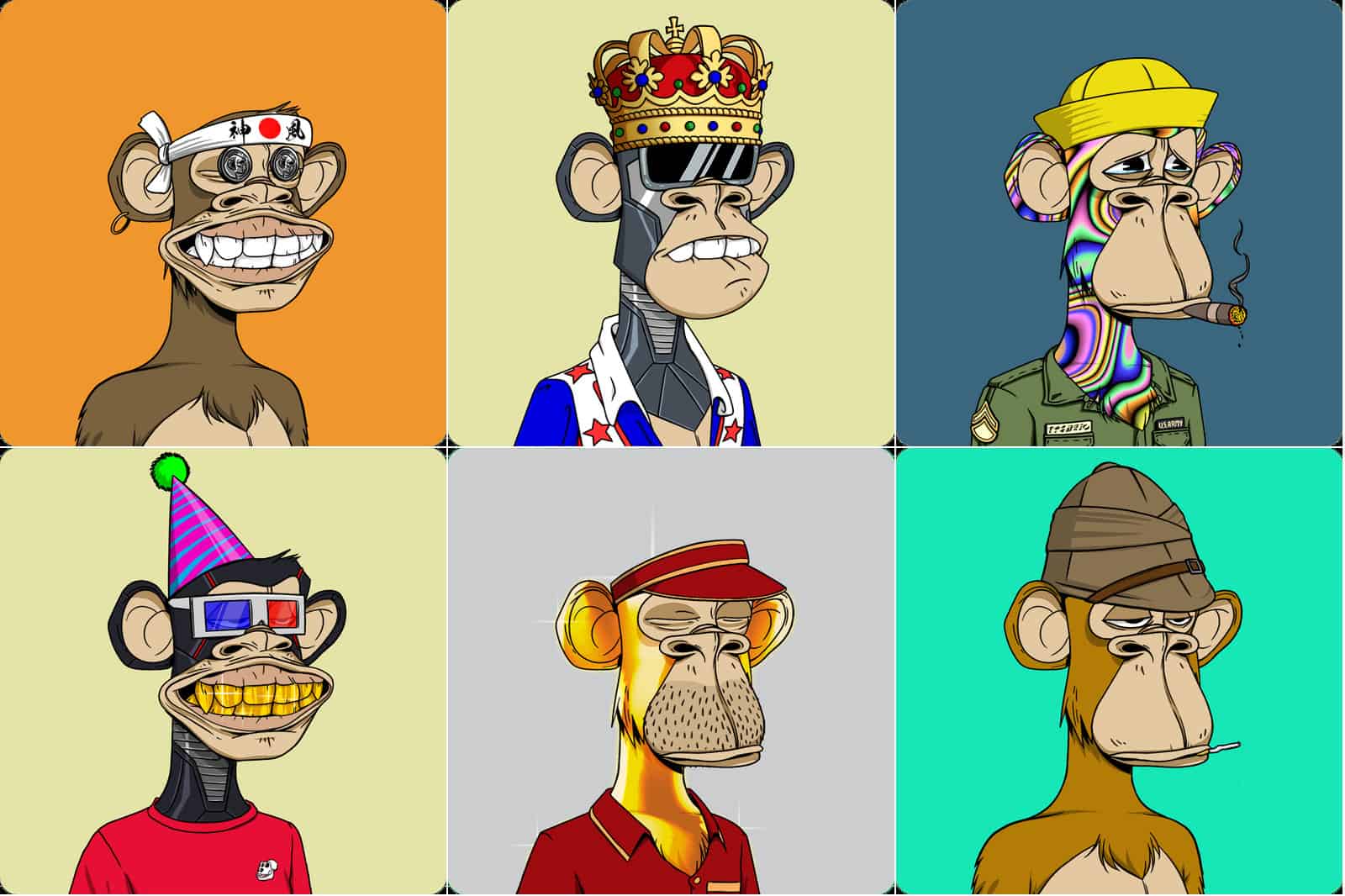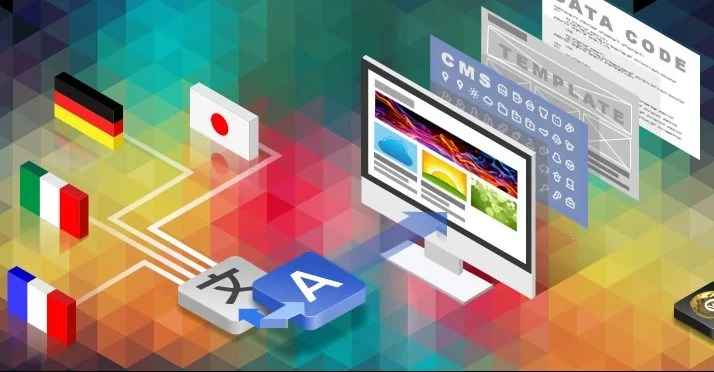The burgeoning world of NFTs, or Non-Fungible Tokens, has revolutionized the digital landscape, bringing unprecedented innovation to art and collectibles. Central to this revolution is the concept of NFT randomization, which has added a dynamic layer to the creation and value of digital assets. This article delves into the intricacies of NFT randomization, its impact on digital art, and its broader implications for the blockchain and collectibles market.
Introduction to nftrandomize
NFT randomization determines the attributes of an NFT randomly, often at the time of minting. This technique has introduced a novel element of surprise and uniqueness to digital art, significantly enhancing the appeal and value of NFTs. As artists and developers explore this technology’s potential, they are making NFT randomization a cornerstone in digital creativity.
Understanding nftrandomize
NFT randomization operates by using algorithms to generate unique attributes for each token. These attributes can range from visual elements in digital art to characteristics in virtual collectibles. The random nature of these attributes ensures that each NFT is one-of-a-kind, fostering a sense of rarity and exclusivity among collectors.
The Technology Behind nftrandomize
The backbone of NFT randomization lies in blockchain technology. Smart contracts, primarily on platforms like Ethereum, execute the randomization process. These contracts use pseudo-random number generators (PRNGs) or other cryptographic techniques to ensure that the distribution of attributes is both fair and unpredictable. This technological underpinning not only guarantees the uniqueness of each NFT but also maintains the integrity and transparency of the process.
The Artistic Potential of nftrandomize
For artists, NFT randomization opens new avenues for creativity. It allows for the creation of dynamic, evolving pieces of art that can adapt and change with each iteration. Artists can design a base set of elements, which are then combined in myriad ways through randomization. This process results in an endless array of unique pieces, each with its own distinct identity, thus pushing the boundaries of digital art.
Enhancing Collectibles with nftrandomize
In the realm of collectibles, NFT randomization plays a pivotal role in enhancing value and engagement. Collectors are often driven by the pursuit of rare and unique items. Randomization ensures that each collectible is distinct, creating a treasure hunt-like experience. This unpredictability can drive up demand and excitement, as collectors seek out rare combinations and attributes.
NFT Market Dynamics and Randomization
The integration of randomization into NFTs has significant implications for the market dynamics of digital assets. By ensuring the uniqueness of each token, randomization can drive up market value and demand. This section explores how randomization affects pricing, market trends, and the behavior of collectors and investors in the NFT space.
Utility and Functionality in nftrandomize
Beyond aesthetics, NFT randomization can also enhance the utility and functionality of tokens. In gaming, for example, randomized attributes can influence gameplay, creating unique characters or items with specific traits. This added layer of utility can increase the engagement and value of NFTs, making them more than just digital collectibles.
Challenges and Considerations in nftrandomize
Despite its potential, NFT randomization comes with its own set of challenges. Ensuring true randomness and avoiding predictability in attribute generation is crucial. Additionally, the environmental impact of blockchain technology and the ethical considerations of creating and selling randomized digital assets are critical issues that need to be addressed.
Case Studies of nftrandomize
Several successful projects have leveraged NFT randomization to great effect. This section will highlight a few notable examples, examining how these projects have utilized randomization to create value and engagement. From pioneering artists to innovative game developers, these case studies will provide insights into the practical applications and benefits of NFT randomization.
The Future of NFT Randomization
Looking ahead, NFT randomization is poised to play a significant role in the evolution of digital art and collectibles. As technology advances and more creators embrace this concept, we can expect to see even more innovative and exciting applications of randomization in the NFT space. This section will explore potential future trends and developments in NFT randomization.
Conclusion of nftrandomize
NFT randomization is transforming the landscape of digital art and collectibles, offering unparalleled opportunities for creativity and engagement. As artists and developers continue to explore its potential, NFT randomization will undoubtedly play a crucial role in the future of digital assets. By embracing this technology, the NFT market can look forward to a future of endless possibilities and innovation.
FAQs
What is NFT randomization?
NFT randomization refers to the process where the attributes of an NFT are determined randomly, often at the time of minting, ensuring each token is unique.
How does NFT randomization impact digital art?
It allows artists to create dynamic and evolving pieces of art, each with its unique set of attributes, enhancing creativity and value.
Why is randomness important in NFTs?
Randomness ensures the uniqueness and rarity of each NFT, driving up demand and engagement among collectors.
What technology supports NFT randomization?
Blockchain technology and smart contracts, primarily on platforms like Ethereum, are used to execute the randomization process.
Can NFT randomization be used outside of art?
Yes, it can enhance the utility of NFTs in various fields, such as gaming, by creating unique characters or items with specific traits.
What are the challenges of NFT randomization?
Ensuring true randomness, addressing the environmental impact of blockchain, and ethical considerations in creating and selling digital assets are key challenges.





